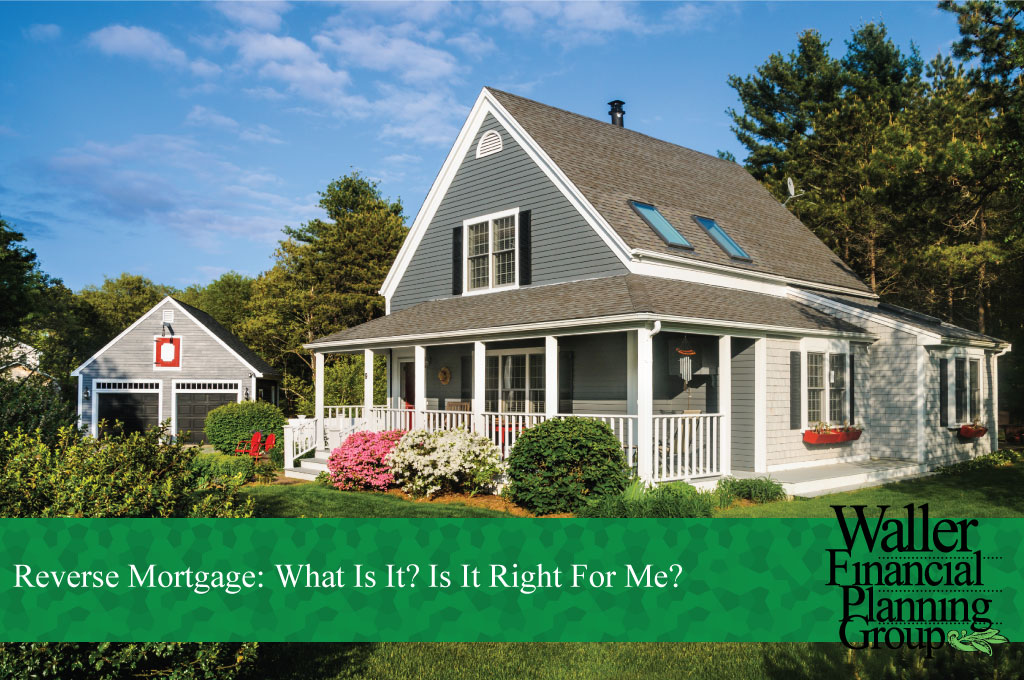
A reverse mortgage is a special type of loan that allows the borrower to access the equity in their home. Unlike a traditional mortgage or home equity line of credit, the loan is not required to be repaid until the borrower no longer uses the home as their principal residence. The most commonly used reverse mortgage is the Home Equity Conversion Mortgage (HECM) offered by the Federal Housing Administration (FHA).
Who Qualifies for a Reverse Mortgage?
One would use a reverse mortgage if they need to supplement their income to pay for daily living or medical expenses. In order to qualify for a reverse mortgage, the borrower must be at least 62 years of age. In addition, the home must be debt-free or have an existing mortgage with a very low balance. Finally, the borrower must live in the home as their primary residence, and be able to pay the ongoing real estate taxes and insurance on the property.
What Types of Homes are Eligible for a Reverse Mortgage
Generally, most single-family homes and 2-4 unit homes are eligible for a reverse mortgage, as long as the borrower lives in the home. In addition, manufactured homes and condominiums that are Housing and Urban Development (HUD) approved and meet FHA requirements may be eligible.
How Much Money Can I Get out of My Home?
The amount of money that can be withdrawn using a reverse mortgage is based upon age (older is better), the appraised value of the home and the current interest rate.
How Are Payments Received?
The cash may be taken in any of the following ways:
- Lump sum of cash
- Monthly payments for the life of the loan
- Monthly payments for a certain number of years
- Drawn on as a line of credit as needed
Other Considerations
Some other characteristics of a reverse mortgage that should be considered are:
- Interest on the loan is not tax deductible
- There are fees and other expenses associated with the loan, both initially and during the term
- You must still have the funds to pay ongoing property taxes and insurance on the home
- Within six months of the last borrower moving out of the home (or passing away), the loan must be repaid. Note that the debt is non-recourse, i.e., if there is not sufficient equity in the home to repay the loan, the borrower (or heir) is not responsible to make up the difference.
As with any planning strategy, it is important to be aware of both the benefits and risks of its use. Please contact us to see how our Certified Financial Planners™ can help you.





